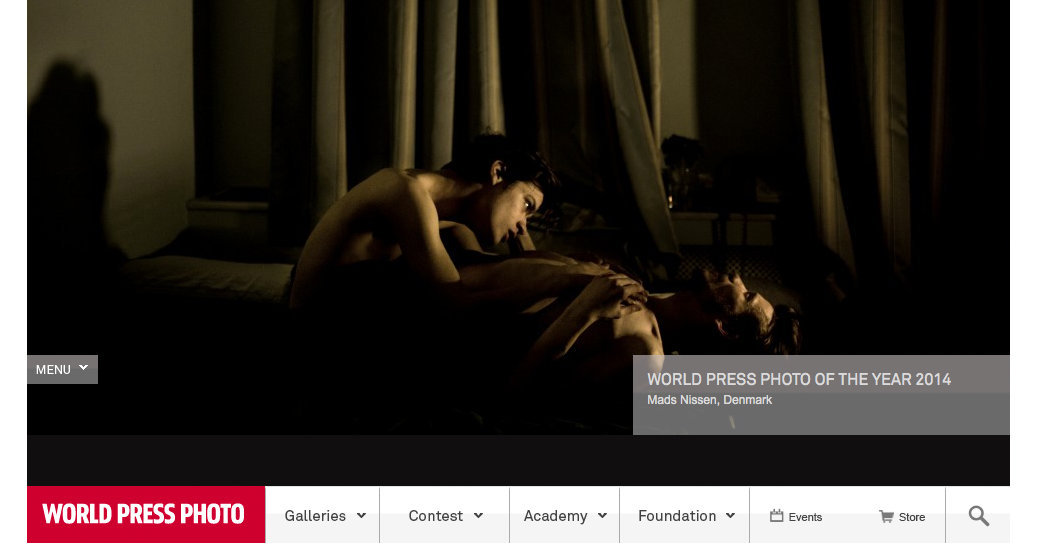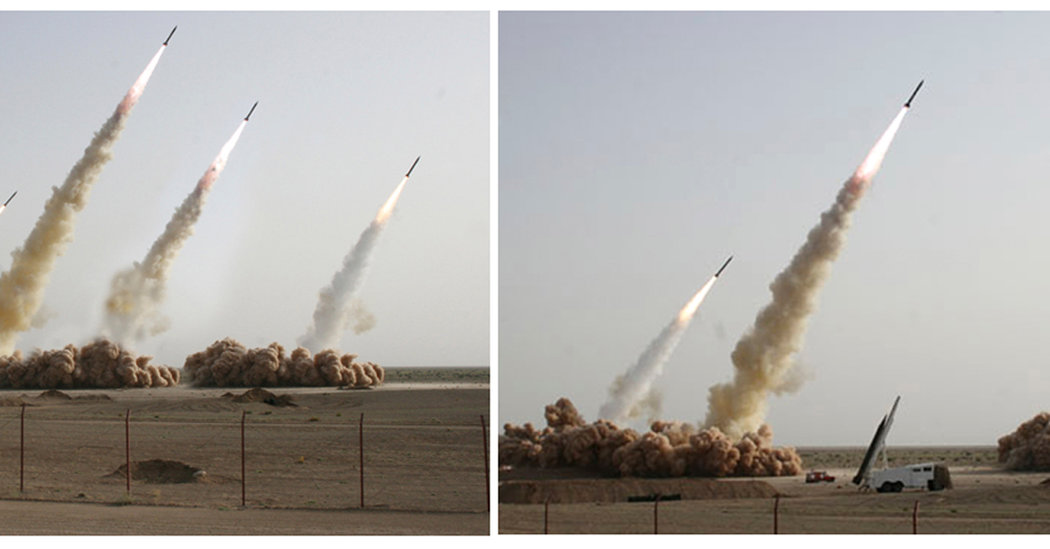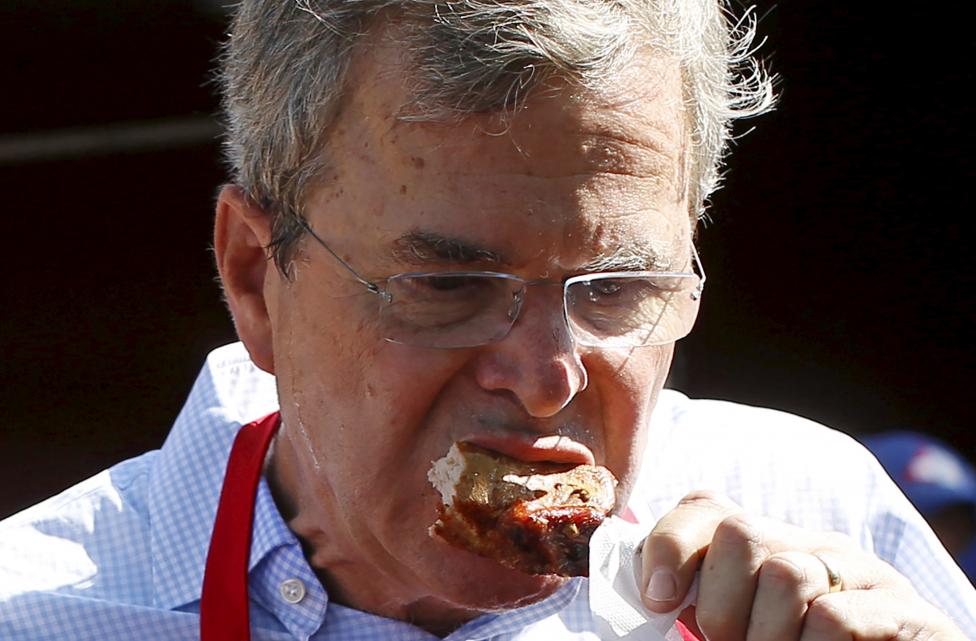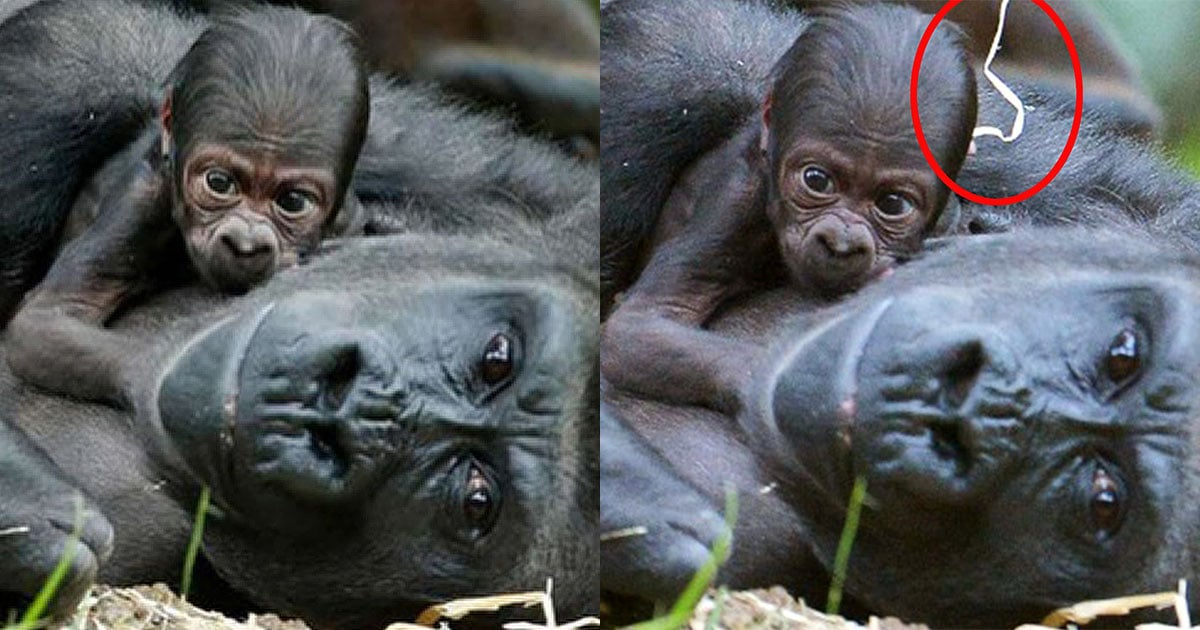If you take a photograph of someone and that person confronts you about it, how do you react? The most common response from photographers appears to be that provided you’re in a public space you can take any picture you want. That’s true, at least in a legal sense. But it does not really address the issue at hand at all: If someone does not want their photograph taken do you, as a photographer, just go ahead and do so anyway, because you can? I actually do not think that’s such a good idea
Category: Ethics
-
The Ethics of Street Photography
-
When a Child Dies
Sensitive, thoughtful media coverage can be a powerful tool for justice and understanding, a catalyst for policies that help prevent wrongs from being repeated. But sensationalist, reactionary reporting sometimes paves the road to laws or regulations that may not be helpful to children, families or communities.
-
Ethics Matters » Chicago Sun-Times lays off photo staff
Is the demise of a staff of photojournalists an ethical issue? Usually we deal with lying and the other aspects of our Code of Ethics, but we all felt (very deeply) that this is probably one of the most basic ethical issues we face today. It is the ethics of survival; the survival of our profession and the survival of our American way of life itself in that a free society cannot exist without access to accurate information
-
» Storm chaser defends his photo of young Nebraska tornado victim JIMROMENESKO.COM
Jim Romenesko
via Jim Romenesko: http://jimromenesko.com/2014/06/18/photojournalist-defends-his-photo-of-young-tornado-victim/
Storm chaser/photographer Mark Farnik has been criticized for his photo of a young tornado victim from Nebraska – what he calls “the most powerful, yet most difficult to make and look at image of my photojournalism career
-
Worth a read: Journalist recounts her sexual assault by a colleague on her first night in Ukraine | dvafoto
Last week, Balkanist magazine published an account by a young presumably-British journalist’s of her sexual assault by a colleague on the night of her arrival in Kyiv, Ukraine, to cover the political situation there. The piece is well worth a read, raising important points about what women face working in the male-dominated field of conflict journalism.
-
» Colorado State Senate candidates agree to stop using altered photo after being warned JIMROMENESKO.COM
Jim Romenesko
via Jim Romenesko: http://jimromenesko.com/2014/10/26/candidates-agree-to-stop-using-altered-denver-post-photo-after-being-warned/
Azu Nwagbogu, the founder of the Lagos Photo Festival, is guided by a simple credo: He wants to exhibit everybody. Yes, that’s a big goal. But it’s an even bigger continent with a breathtaking range of people, stories and photographers who have been inspired by it.
-

Debating the Rules and Ethics of Digital Photojournalism – NYTimes.com
Debating the Rules and Ethics of Digital Photojournalism
The disqualification of a large number of images from this year’s World Press Photo contest has generated a debate over the need for more explicit rules on what is — and what isn’t — acceptable in digital photography.
via Lens Blog: https://archive.nytimes.com/lens.blogs.nytimes.com/2015/02/17/world-press-photo-manipulation-ethics-of-digital-photojournalism/
Hoping to forge a conversation on what happened and how the photojournalism community might move forward, Lens has asked several participants in the World Press Photo competition, as well as other photographers, to reflect on these issues.
-

Posing Questions of Photographic Ethics – NYTimes.com
Posing Questions of Photographic Ethics
In the aftermath of this year’s debates over manipulated photos, a new show sets out to explore the history of altered images in photojournalism.
via Lens Blog: http://lens.blogs.nytimes.com/2015/06/16/posing-questions-of-photographic-ethics/?module=BlogPost-Title&version=Blog
Most curators hope to get glowing reviews and popular acclaim when they mount an exhibit. Michael Kamber, on the other hand, is expecting some blowback for his latest show, “Altered Images: 150 Years of Posed and Manipulated Documentary Photography,” which opens this weekend at the Bronx Documentary Center.
-
Listen: Is Bruce Gilden’s ‘Two Days in Appalachia’ Poverty Porn? | American Photo
Roger May, the director of Looking at Appalachia, which recently got some nice coverage on Lens, was invited on West Virginia’s “Front Porch” podcast to discuss. Embedded above, you’ll hear 20 minutes of very fair criticism exploring whether Gilden’s garish images feed into existing stereotypes that plague the region in the wake of a long history of exploitative visual representation made by those who parachute in. Or, whether by virtue of being just about indistinguishable from the work Gilden makes anywhere he goes, they engage with that history in a more nuanced way.
-

Savaging Jeb! — On a Brutal Reuters SlideshowReading The Pictures
Savaging Jeb! — On a Brutal Reuters Slideshow
This Reuters slideshow struck me as really different.
via Reading The Pictures: https://www.readingthepictures.org/2015/10/savaging-jeb/
This week’s Reuters slide show on Jeb Bush felt to me like a real departure. The main reason being that the tone, across twenty-five largely scathing examples, seems to jump far away from the conventions of wire photos
-
Why some Palestinian journalists struggle with when to put down the camera – Al-Monitor: the Pulse of the Middle East
Why some Palestinian journalists struggle with when to put down the camera
Palestinian journalists covering the current events in Jerusalem and the West Bank are torn between the professionalism their jobs require and their sense of nationalism, often conveying a subjective image of the news.
via Al-Monitor: Independent, trusted coverage of the Middle East: https://www.al-monitor.com/originals/2015/10/palestinian-journalists-professionalism-nationalism.html
Jad Gado was the only bystander who could reach the woman, and he believed what he did was his duty as a human being, as it did not interfere with his job as a journalist. “The lady was simply passing by, and she was not participating in the confrontations. She wasn’t carrying any weapon or stones,” he said.
-

Photojournalist Exits Prestigious Contest After Cloned Straw Discovered
Photojournalist Exits Prestigious Contest After Cloned Straw Discovered
A photojournalist has withdrawn his entry from Australia’s most prestigious press photography contest after it was discovered that he had cloned out a
via PetaPixel: https://petapixel.com/2015/11/10/photojournalist-exits-prestigious-contest-after-cloned-straw-discovered/
The Walkley Foundation announced this week that News Corp photographer David Caird has voluntarily pulled out of the 2015 Nikon-Walkley Awards for Press Photographer of the Year after being nominated as one of the 3 finalists.
-
Why does real photography matter? – Kaptur
Why does real photography matter? – Kaptur
The impact of selfies and computational photography on professional photography today.
via Kaptur: https://kaptur.co/why-does-real-photography-matter/
As the technology we use to make images changes, the way we make, use, interpret, and value images changes. What’s “real” today may not be “real” tomorrow; the debate over what’s “real photography” is less interesting when comparing today to the past, but more interesting when we try to define what “real” means today. And that’s why photographers have to pay attention to culture, technology, and yes, even selfies
-
Reuters RAW Deal: Is Photojournalism Taking a Hit?
While RAW images provide far more latitude for post-process manipulation, those edits are also harder to disguise. Edits to JPEG images, however, are easier to mask and most pro cameras have JPEG profiles which can boost contrast and saturation without ever needing post process manipulation–which was one of the reasons World Press Photo changed its submission rules in 2015 to require only RAW image submissions for most categories
